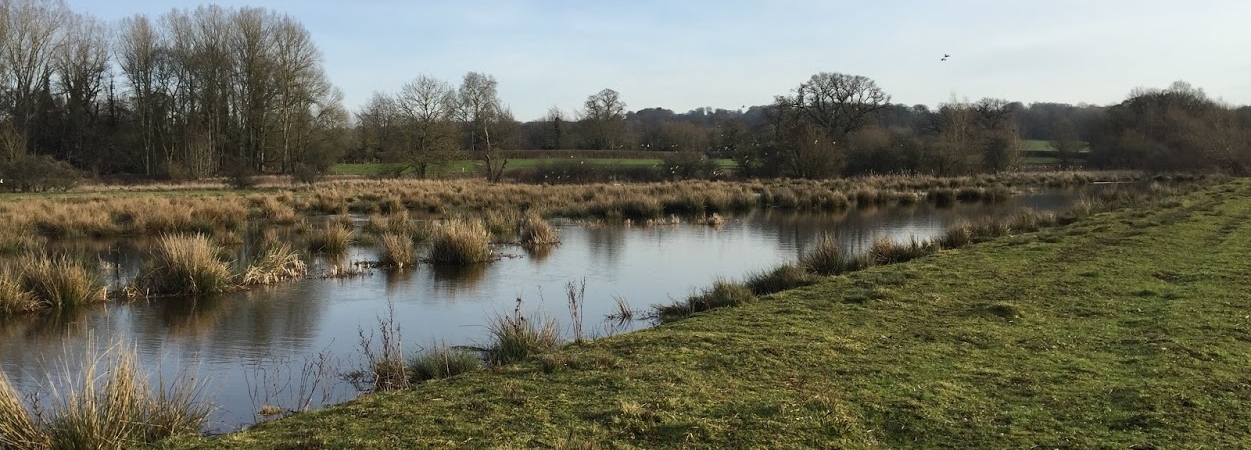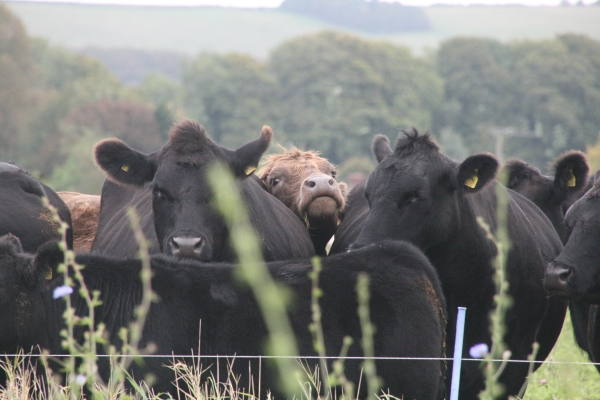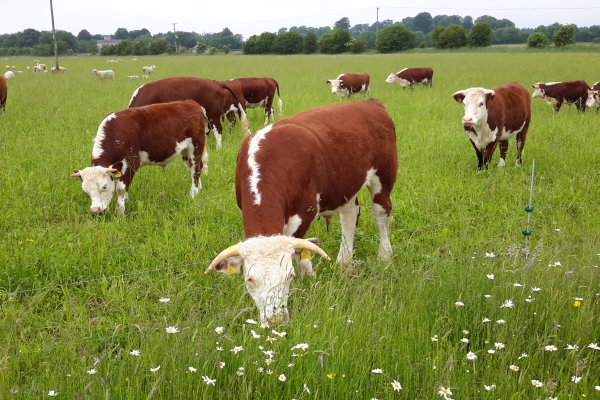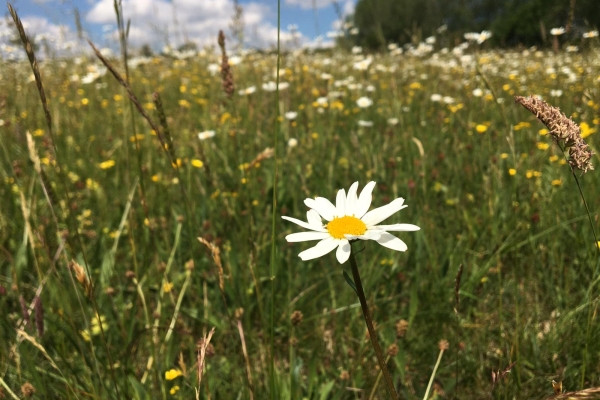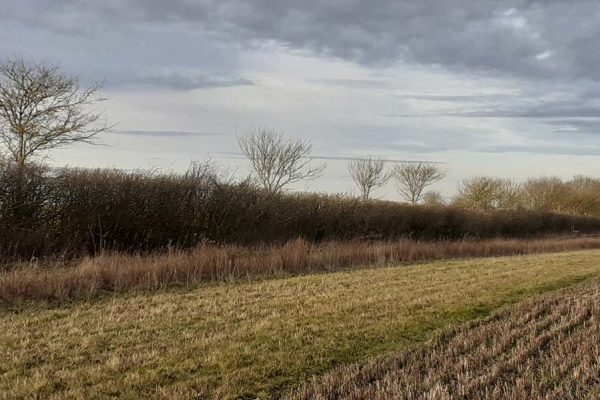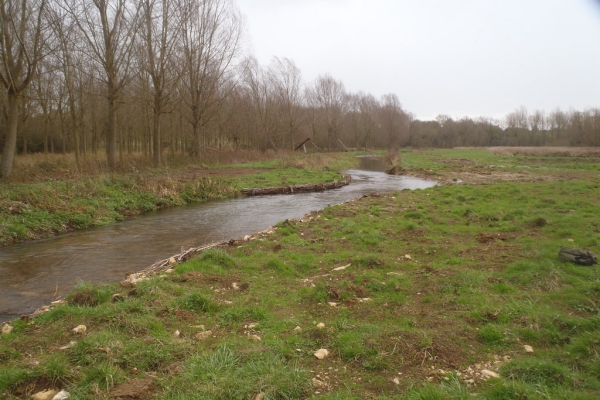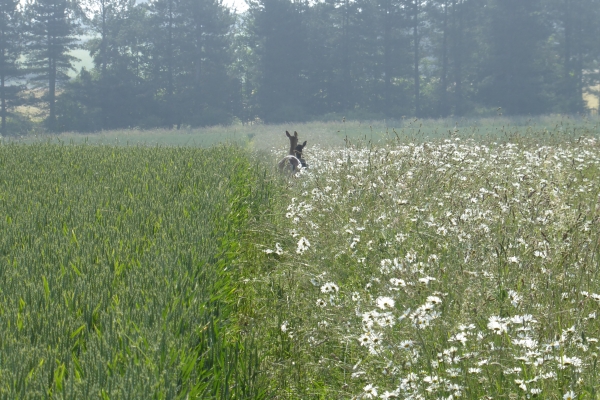Biodiverse Farming – Daylesford Wetland
‘Our solutions are in nature’ – a concept at the core of sustainable farming practices and the theme of 2020’s UN International Day for Biodiversity. We are all dependent on healthy, vibrant ecosystems, and farming with nature that uses practices to give back to the land for future generations is part of this solution. The key is to ensure the countryside is restored to perform ecological functions, preventing flooding, mitigating against climate change, and becoming rich in pollinators and insects that provide natural pest control.
In this short video (recorded on May 22nd), Tim Field talks to us about how the wetland at Daylesford has been transformed over the last 13 years into a flood meadow that has become a haven for biodiversity, and how it is managed.
“Biodiversity needs to be in the whole farm, not just in the margins or hedgerows. That’s where agroecology and growing a diversity of crops in diverse rotations really benefits biodiversity… And farmers are the ultimate custodians or our land and our biodiversity.”
